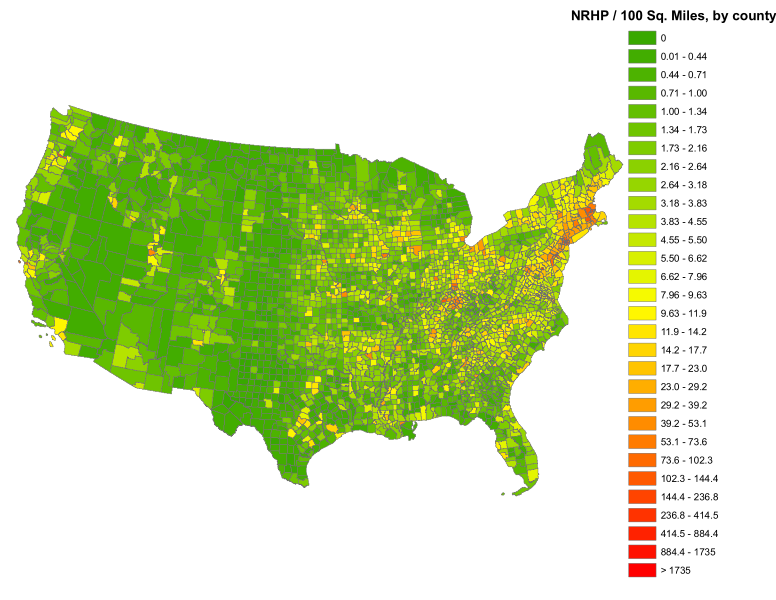Reimagining the National Register Nomination Form
Monday, May 17th, 2010I propose a discussion of the National Register of Historic Places nomination form to reimagine the potential of historical research and documentation in the context of abundance of digital tools for the investigation and presentation of architectural and social history. The National Register nomination form dates back to the enactment of the National Historic Preservation Act of 1966 and continues to reflect the technical limitations and, arguably, the ideological assumptions of architectural history during the 1960s. The rise of vernacular architecture and cultural landscape studies have directly challenged the tradition of engaging buildings and neighborhoods with a curatorial approach based in an art history. Questions of style, significance, context, and integrity are now contested and complicated in ways that may be poorly reflected within the limits laid out in National Register Bulletin 16A “How to Complete The National Register Nomination Form.” Beyond the scholarly transformation of architectural and social history, the existing form has been disrupted by the transition from a culture of of scarcity to a culture of abundance described by Roy Rozenweig. The capacity to conduct full-text searches of manuscript census documents across hundreds of years with Ancestry.com, browse dozens of digitized directories on the Internet Archive, download measured drawings or archival photos from a good portion of HABS/HAER, determine the extant status of buildings using Google Maps, create three-dimensional models with Photosynth, and manage nearly unlimited sources with Zotero must force a radical reconsideration of the process of object of local history research and documentation. None of this was possible in 1966. If we started from scratch today, what would the National Register nomination form look like?

